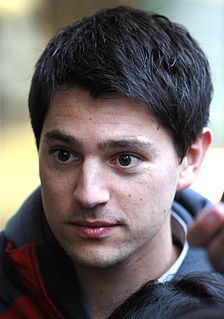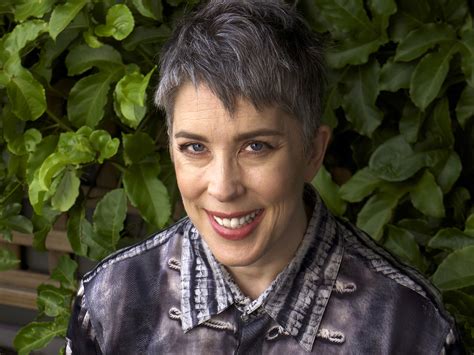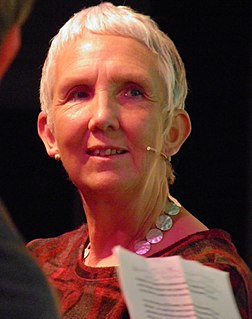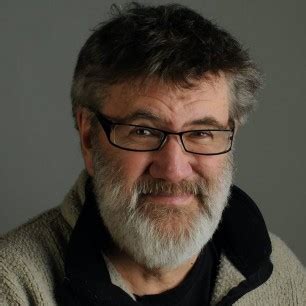A Quote by Maria Semple
Novels demand a certain complexity of narrative and scope, so it's necessary for the characters to change.
Quote Topics
Related Quotes
It’s the ability to bring events and characters to a resolution that draws me to writing, especially writing for children. I don’t want to ever be didactic, but if there’s something I do want to say, it’s that you can bring things around. You can make a change. Adult novels are about letting go. Children’s novels are about getting a grip.
A good novel is one that shows the complexity of individuals, and creates enough space for all these characters to have a voice; in this way a novel is called democratic - not that it advocates democracy but that by nature it is so. Empathy lies at the heart of Gatsby, like so many other great novels - the biggest sin is to be blind to others' problems and pains. Not seeing them means denying their existence.




































